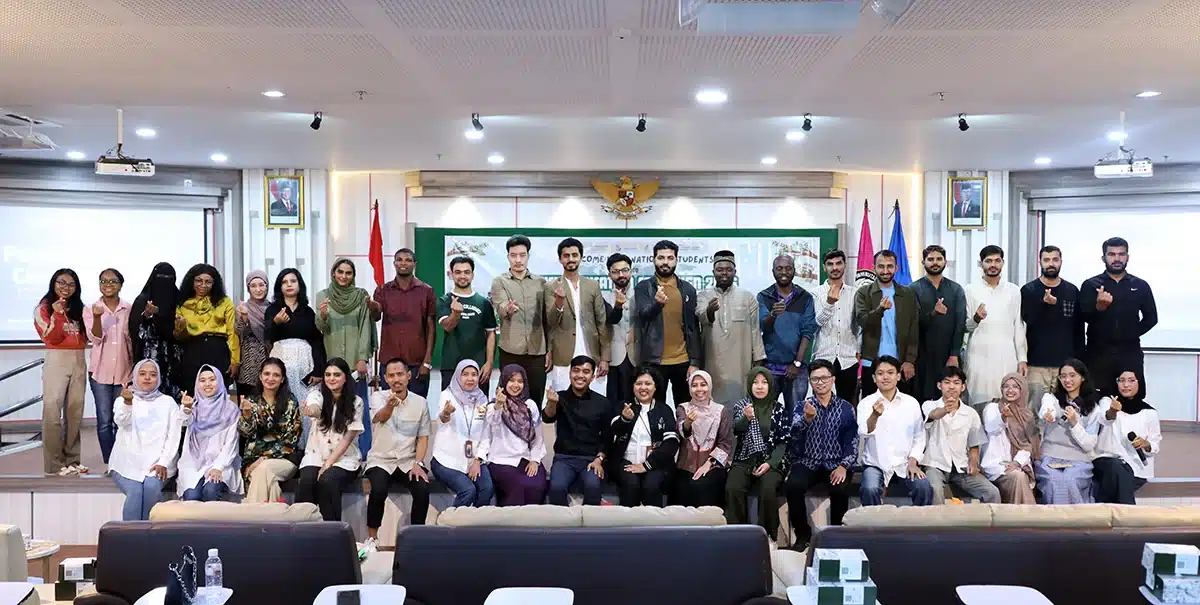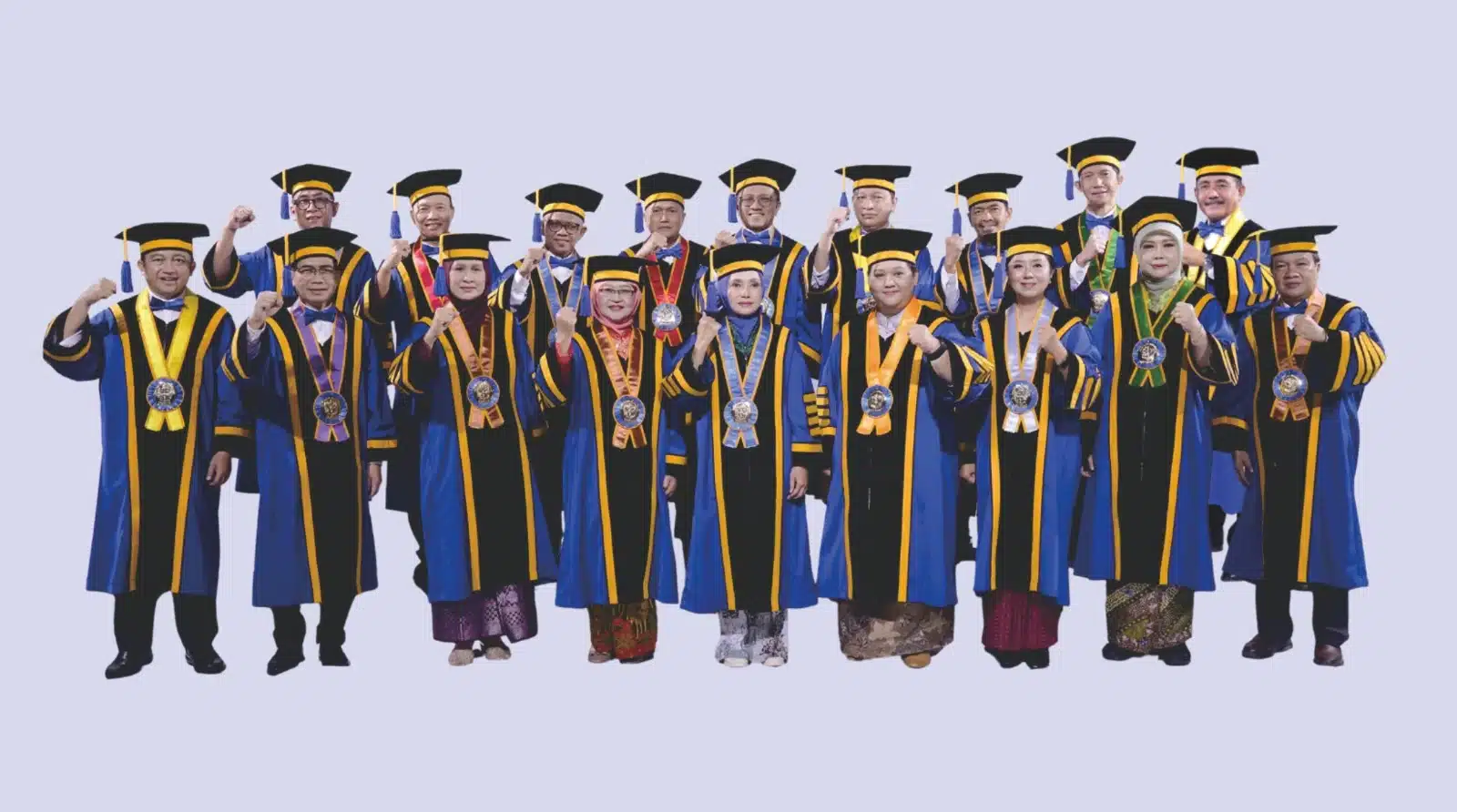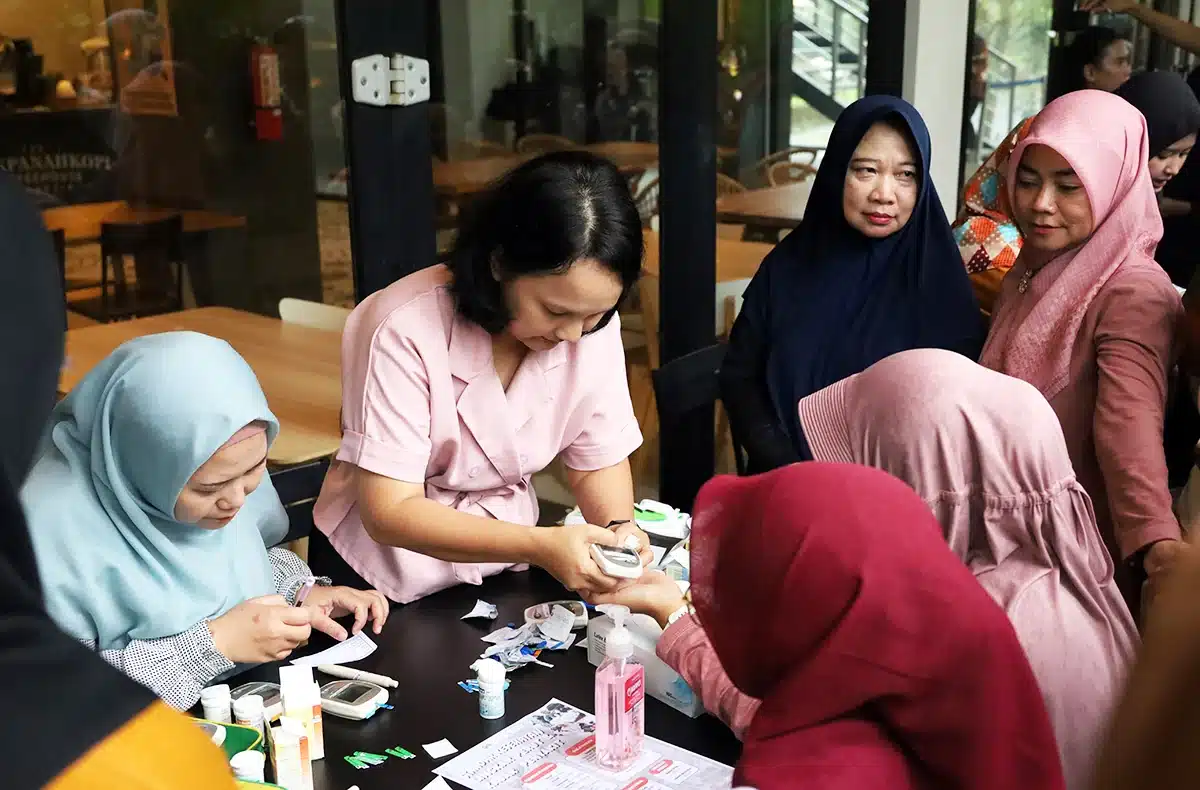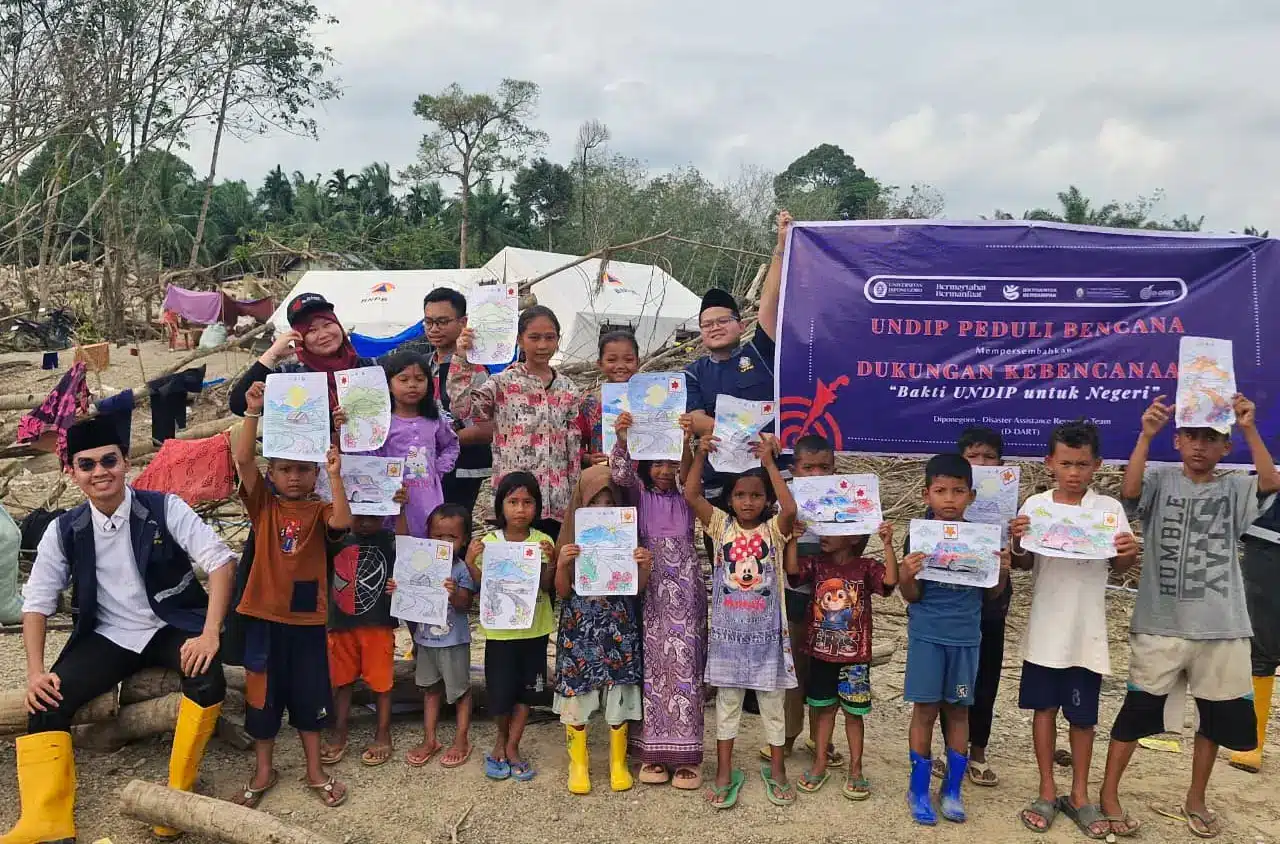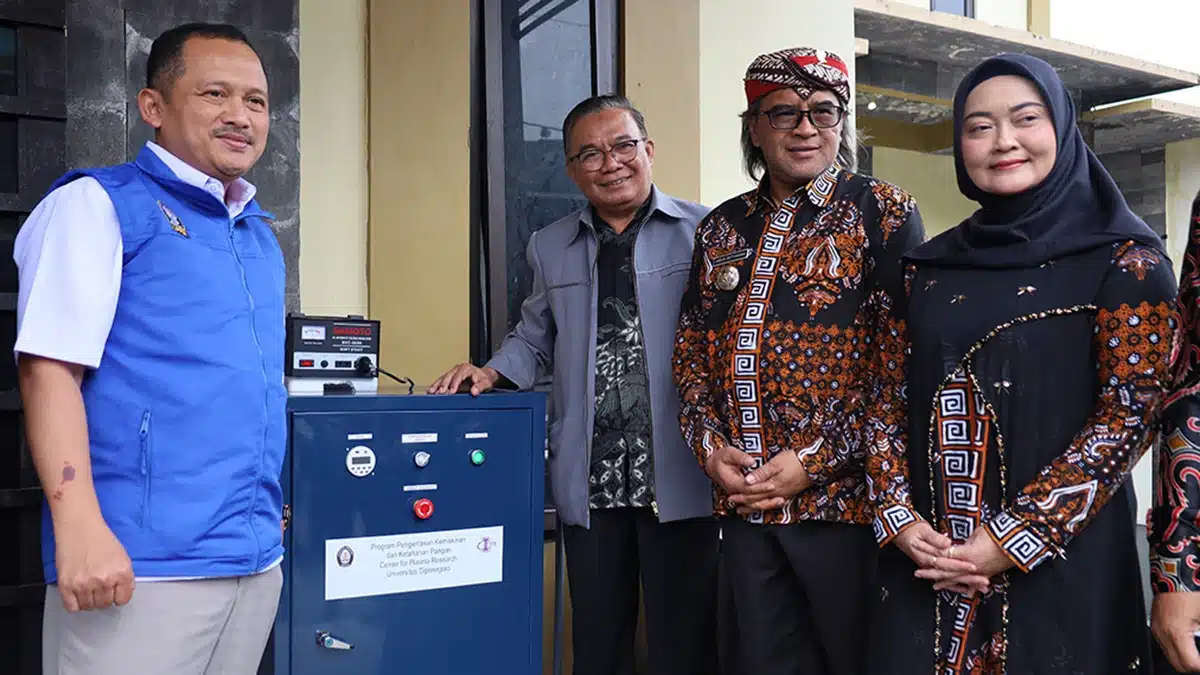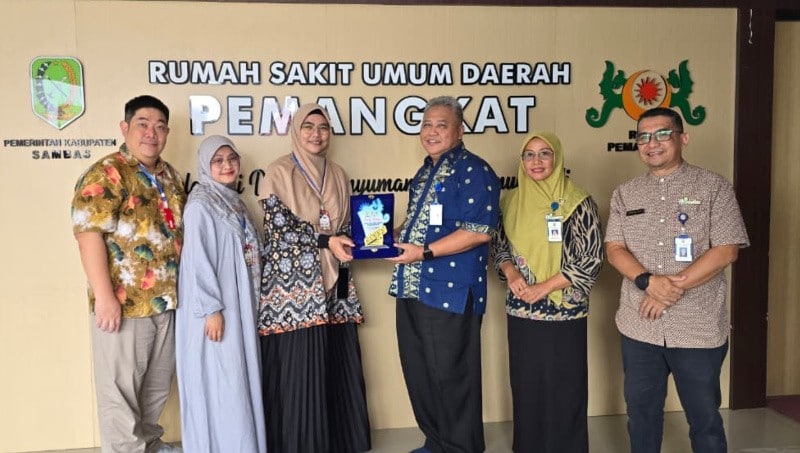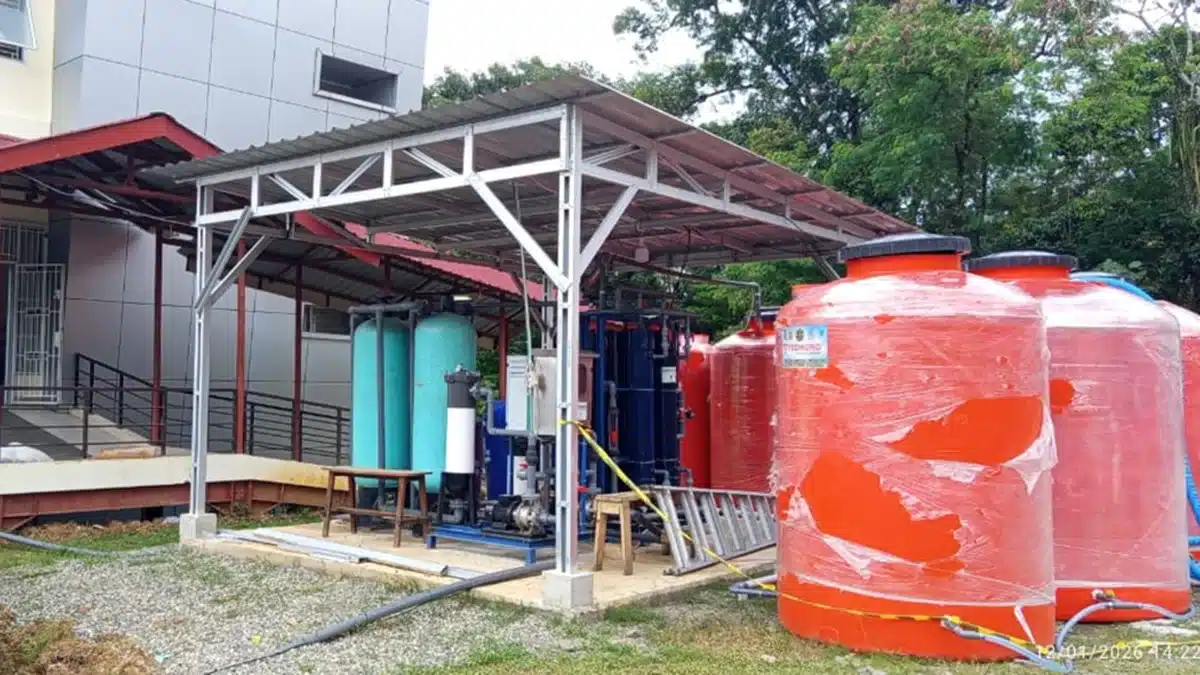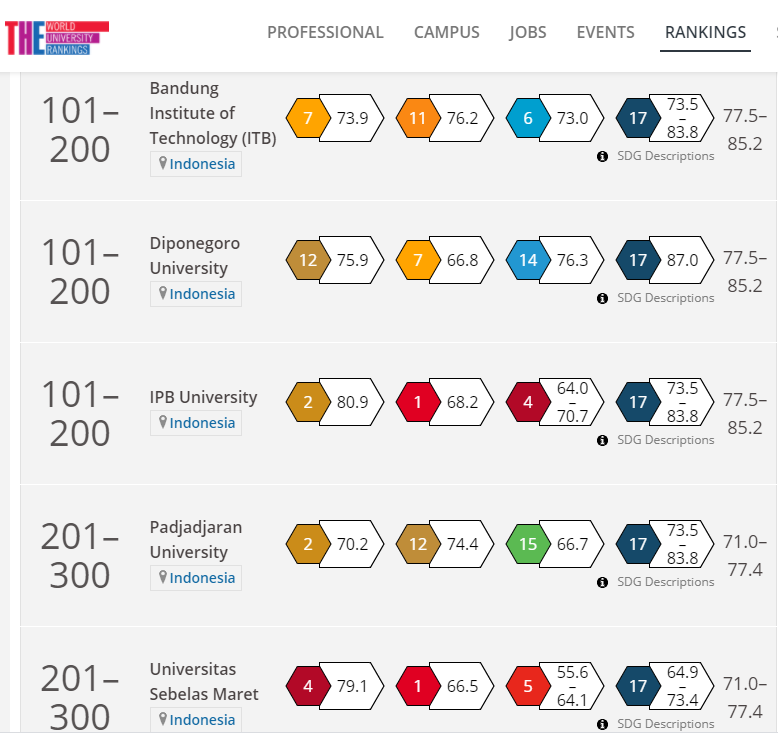The Times Higher Education (THE) Impact Rankings announced the results of its ranking on 2021 and Diponegoro University (UNDIP) is included among the 200 best universities in the world in implementing Sustainable Development Goals (SDGs). The ranking which is announced on Wednesday (21/4/2021) measures the performance and success of universities based on implementation of Sustainable Development Goals (SDGs), in supporting the achievement of SDGs initiated by the United Nations.
There are 7 universities in Indonesia that are ranked in the 200 Best World Universities with Undip, they are Sepuluh Nopember Institute of Technology (ITS), Hasanuddin University (Unhas), Gadjah Mada University (UGM), University of Indonesia (UI), Bandung Institute of Technology (ITB), and IPB University. The achievements of several universities in Indonesia should be appreciated because The Times Higher Education Impact Rankings is a rating agency that makes rankings related to SDGs. The SDGs ranking is a reflection of the increasing quality and implementation in various fields and activities carried out by universities in the context of sustainable development goals.
Undip Rector, Prof. Dr. Yos Johan Utama, S.H., M.Hum., admitted that he was grateful that this year Undip could be included in the 101-200 rankings, while in 2020 the position was in 301-400 range. “I am grateful that there is progress. It means we continue to make efforts in improving quality and qualifications,” said Prof. Yos, on Thursday (22/4/2021).
According to Rector, the ranking improvement in THE Impact Rankings 2021 is also seen on a national scale. In THE Impact Rankings 2020 on a national scale Undip is in the 8th place nationally, and in 2021 Undip has risen to the 6th position nationally. He emphasized that the perspective on the positioning of higher education must be viewed from two contexts in a balanced way: National and Global.
Judging from the assessment indicators used in the ranking, Undip has a high score on SDGs Goal number 12 regarding ensuring sustainable consumption and production patterns; goal 7 in ensuring access to affordable, reliable, sustainable and modern energy for all; goal 14 concerning conserving and utilizing marine, oceanic and maritime resources in sustainable way; and goal 17 on strengthening implementation measures and revitalizing global partnerships for sustainable development. In each of these objectives, Undip obtained a score of 75.9; 66.8; 76.3 and 87. These overall points put Undip in positions 101-200 with points between 77.5-85.2.
Undip Vice Rector IV for Research and Innovation, Prof. Dr. Ir. Ambariyanto, M.Sc, expressed his gratitude to the Rector, Vice Rectors, leaders in Undip, all lecturers, academic staffs and alumni. Ambariyanto praised their contribution, participation, hard work and effort in supporting Undip in achieving the implementation of SDGs and towards World Class University.
For reference, it is interesting to look at the top five universities that are in the top five globally. In first place is University of Manchester, a university in the UK which achieves top position for the first time, including for the first time as university from UK to manage into Impact Rankings. The second position globally is occupied by University of Sydney which last year was also in the same position. This university is also the university with the highest score for Goal 6 on water and sanitation as it supports more than 90 study centers in the fields of disease prevention, food production, transport solutions and coral conservation.
Next up are RMIT University, La Trobe University and Queen’s University. Research at La Trobe University covers a fairly broad spectrum such as building healthy communities, food security, water and environment. Queen’s University has excellence in environmental projects by students including The Earth Center, the Tea Room and services by students that provide free energy for student residences. All components at this university work together to make their campuses greener and more sustainable.
THE calibrates the indicators carefully to produce comprehensive and balanced comparisons between four areas, namely research, stewardship, outreach and teaching. Research is assessed through how research at a university is designed to be relevant to the SDGs. Stewardship is how the university encourages and maintains all resources including teachers, employees and students to contribute to the achievement of SDGs. Outreach is how universities reach out to local, national and international communities. Teaching is seen from how universities ensure they have the expertise to achieve SDGs and how alumni continue to give important lessons about sustainability into their careers.
Sustainable Development Goals (SDGs) are a global action plan agreed upon by world leaders, including Indonesia, to end poverty, reduce inequality and protect the environment. The SDGs contain 17 Goals and 169 Targets that are expected to be achieved by 2030.
The assessment was carried out by creating research metrics using the data provided by Elsevier. For each goal of SDGs, a special query is created to narrow down the publications relevant to the SDGs. This data is then supplemented by additional publications identified by artificial intelligence, such as the World University Rankings. The data are from a five-year period between 2015 and 2019. This methodology is developed jointly by THE with Vertigo Ventures and Elsevier.
The ranking based on the impacts of achievement by universities related to SDGs. The basis is on idea that universities and their students are the ones who best understand the answer of ongoing challenges, ranging from the plastic crisis in the ocean to wage inequality for women.
This year, more than 1,200 universities sent data and were assessed. This ranking is important for students who want to enter the university, by analyzing its results of research and university management in contribution to achieve the SDGs. (PR team)
Translated by: Titis (Public Relations)


